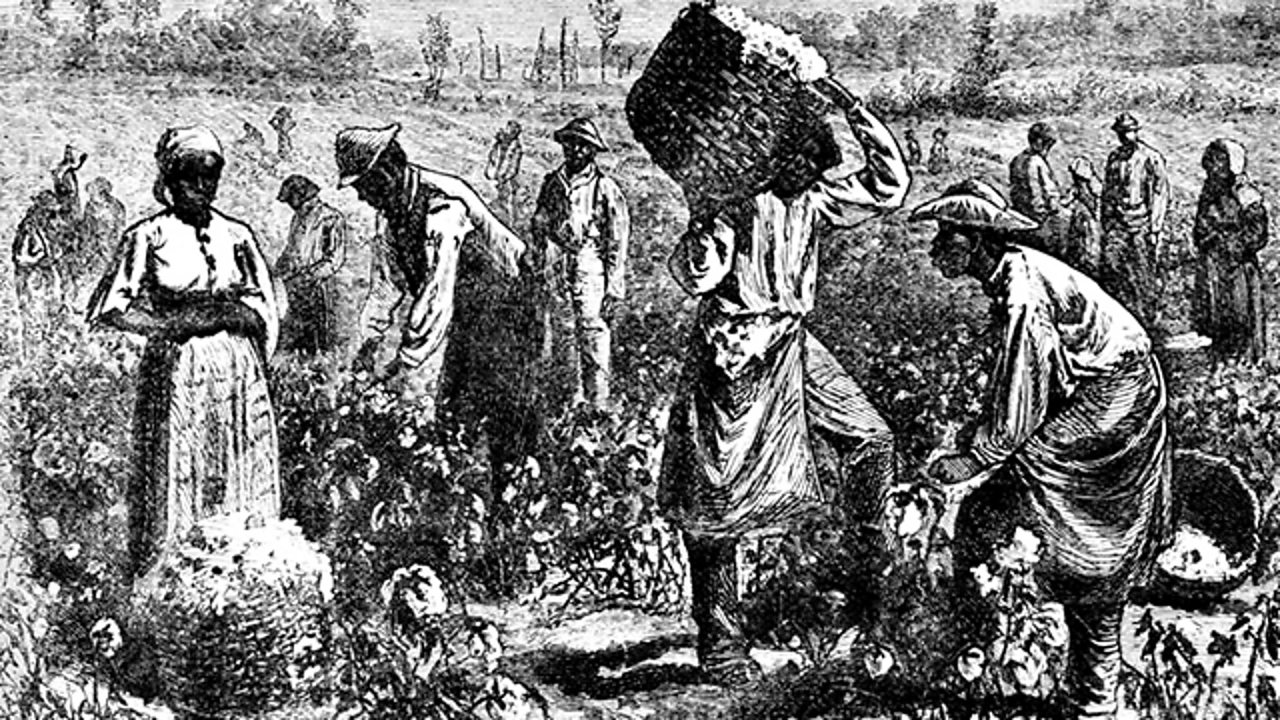Because news traveled so slow slaves in texas didn t know they were free for more than two years after lincoln issued the emancipation proclamation

Because news traveled so slow, slaves in Texas didn’t know they were free for more than two years after Lincoln issued the Emancipation Proclamation.

Slow Travels of News Delayed Freedom for Texas Slaves
In a cruel twist of fate, the freedom granted to slaves in Confederate territories under President Abraham Lincoln’s Emancipation Proclamation took more than two years to reach Texas. This delay, caused by the slow dissemination of news during the Civil War era, meant that many individuals endured an extended period of enslavement without knowledge of their legal emancipation.
While Lincoln issued the Emancipation Proclamation on September 22, 1862, declaring enslaved individuals in Confederate territories free, the reach of this proclamation was limited. As Texas was not directly under Union control, the news struggled to make its way to the southern state, especially due to the lack of efficient communication channels during that time.
The Emancipation Proclamation’s Journey
This article from National Geographic sheds light on the delayed transmission of the Emancipation Proclamation’s message to Texas. Throughout the remaining years of the Civil War, Union forces were busy battling Confederate troops and securing territories. The logistical challenges presented by the vast distances across the United States hindered the prompt delivery of important updates, including the news of emancipation.
As Union troops moved forward, occupying Texas became a major goal. However, it wasn’t until June 19, 1865, when Major General Gordon Granger and his regiment arrived in Galveston, Texas, that the enslaved individuals in the state finally received the life-altering news of their freedom. This day, known as Juneteenth, quickly became a significant commemoration for African Americans in Texas and beyond.
The Struggle to Grasp Freedom
Historical records reveal the impact of this delayed emancipation on the lives of Texas slaves. Lacking the knowledge of their liberation, many remained subjected to grueling labor and deplorable conditions. Slave owners intentionally withheld information about the Emancipation Proclamation from their captives, ensuring the continuation of their forced labor. The joyous announcement by General Granger awakened hope and unlocked a new era for thousands of enslaved individuals desperately longing for freedom.
Without the ability to communicate widely via modern technology or rapid transportation methods, news during the Civil War era relied predominantly on word-of-mouth and traditional means of information dissemination. The enslaved population inhabiting regions far from Union territories experienced significant delays in receiving news, amplifying their struggle for emancipation.
Significance of Juneteenth Today

Despite the initial delay, the Emancipation Proclamation marked a vital milestone on the path to abolishing slavery in the United States. Juneteenth, recognized as a holiday in many states, serves as a reminder of the hardships faced by enslaved individuals during this era, their delayed liberation, and their ongoing struggle for equality and justice.
The legacy of Juneteenth encourages dialogue and reflection on the fight against racial injustice that persists to this day. By acknowledging this historical event, we ensure that the experiences and contributions of those who suffered under slavery are never forgotten.
Share
Related Posts
Quick Links
Legal Stuff

